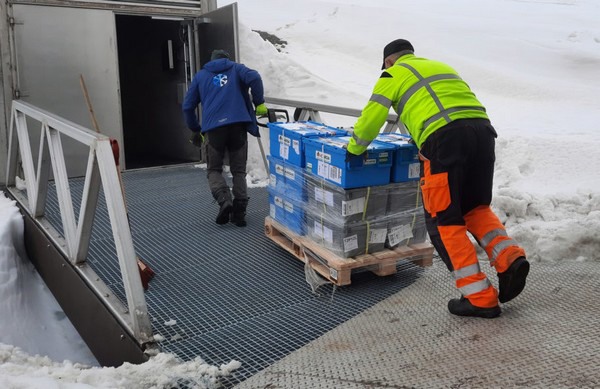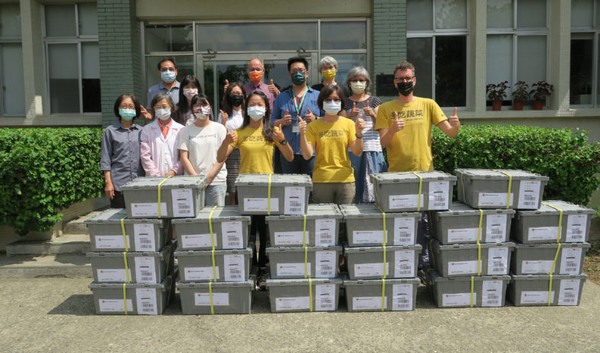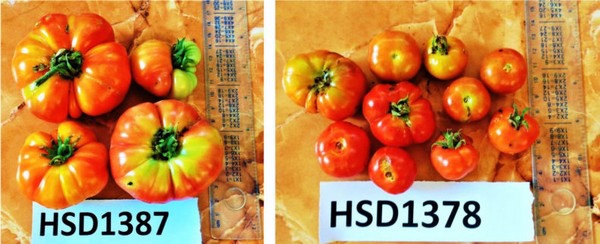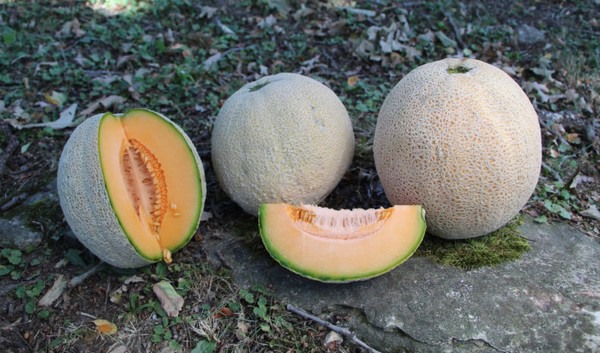A total of 85 boxes with thousands of seed samples will this week be deposited in the Svalbard Global Seed Vault. This deposit – the biggest since February 2020 – focused on vegetables, particularly tomatoes. The boxes containing 30,410 seed samples were sent for security conservation at Svalbard. Seven genebanks from five continents contributed to the deposit.

Fruits and Vegetables
“By 2025, we want to have more than 90 percent of our collection duplicated in Svalbard – ideally the 65,000 accessions that make up the whole collection,” says Maarten van Zonneweld, WorldVeg’s Genebank Manager. “We maintain the largest international vegetable germplasm collection, and it is our responsibility to ensure this collection is safeguarded following international genebank standards, including long-term, backup duplication in Svalbard.”
The largest part of the samples in the WorldVeg shipment (4,699 samples) comprise tomato seeds. Crops such as pepper and African vegetables, like spider plants and amaranth, are also well represented. “Fortunately, the Covid situation here has been well controlled and our team has been able to continue with business as usual,” added van Zonneweld. “However, we are facing one of the most prolonged droughts in recent decades, which is a challenge for seed regeneration activities and could hinder future deposits.”

Personnel from WorldVeg with the current delivery of seed samples. Photo: WorldVeg.
Sudanese Seeds
Another genebank that contributed to the June deposit is the Agricultural Plant Genetic Resources Conservation and Research Center (APGRC) in Sudan, marking its third deposit to the Vault. The Crop Trust provided financial support to cover transport of the seeds. APGRC’s shipment contains 351 seed samples, of which the majority are from the genus Sorghum, a flowering plant grown as a cereal for human consumption or for animal feed. The APGRC deposit also includes sesame, beans, and tomatoes.
“Sorghum forms the biggest collection held by the APGRC with more than 5,000 accessions; it’s an important crop for our nation,” says El Tahir Ibrahim Mohamed, the Director of APGRC. “A number of tomato accessions are also being backed up in this deposit. These were introduced to our country a long time ago – during the last century.”

APGRC’s deposit included seeds from several tomato varieties, the picture shows one of them. Photo: APGRC.
Home-grown Seeds (Crops)
The US-based Seed Savers Exchange (SSE) is one of the few non-governmental organizations that regularly makes seed deposits to the Seed Vault. Because of the pandemic, this deposit from SSE is a bit smaller than usual, containing approximately 130 varieties compared with the 200 to 300 varieties that have been shipped in past years. The June deposit from SSE includes collards, beans, and several varieties of melons and tomatoes.
“Many of the varieties we are depositing come from home gardeners who have grown these varieties for decades and over generations. The varieties have adapted to their local and regional climates and may be important ones for growing under the conditions of climate change,” says Philip Kauth, Director of Preservation at SSE.
With this June deposit, the world’s largest collection of crop diversity located in one place reaches a total of 1,111,436 seed samples. One more deposit is scheduled to be carried out this year, in October.

SSE’s deposit contained, among other things, seeds from the melon variety Level. Photo: Seed Savers Exchange.
Institutions Participating in the June Deposit:
International Potato Center (Peru)
World Vegetable Center (Tainan)
APGRC (Sudan)
Center for Genetic Resources (Netherlands)
Crop Research Institute (Czech Republic)
ICARDA (Morocco/Lebanon)
Seed Savers Exchange (USA)
For more information:
NordGen
www.norgen.org
